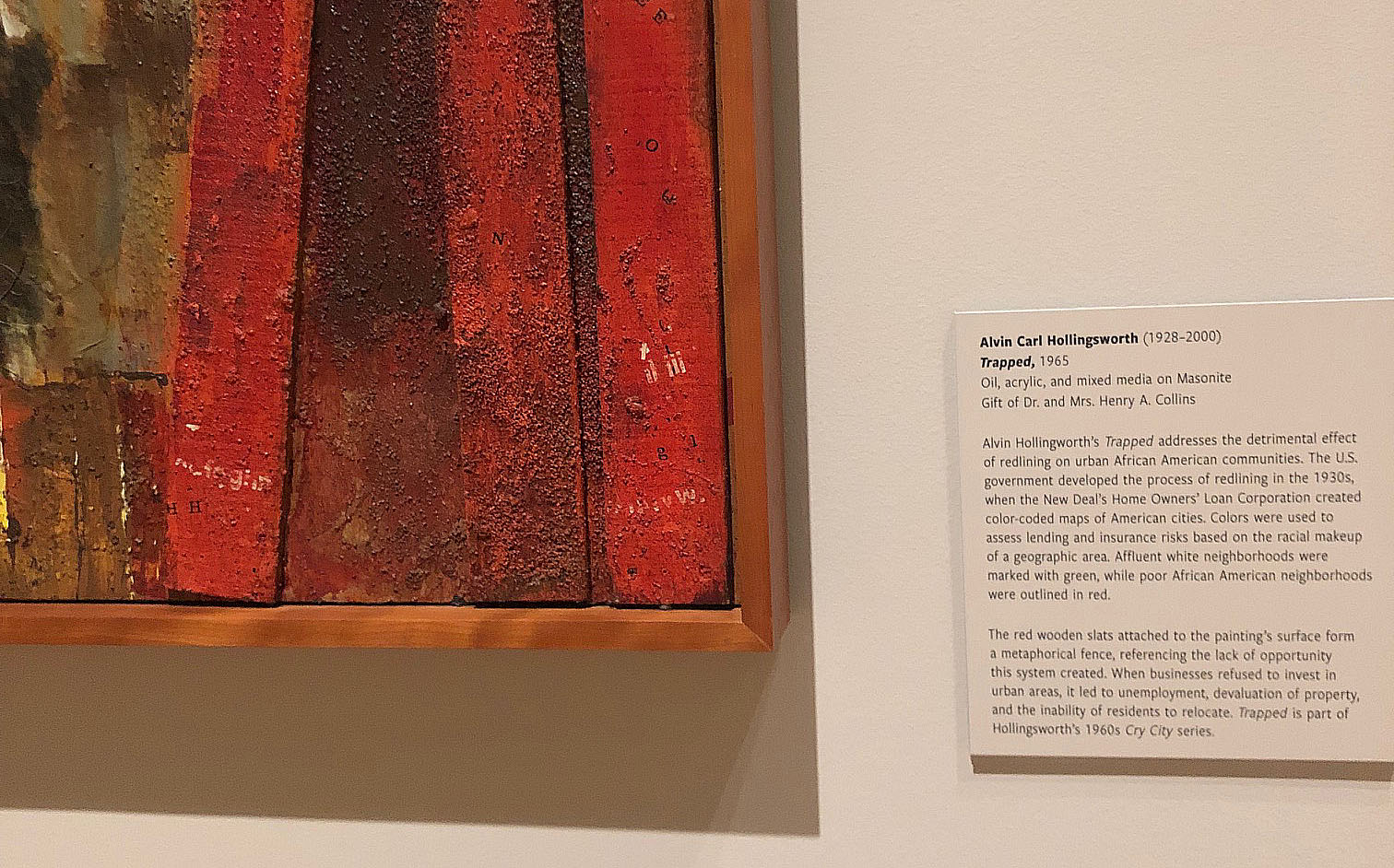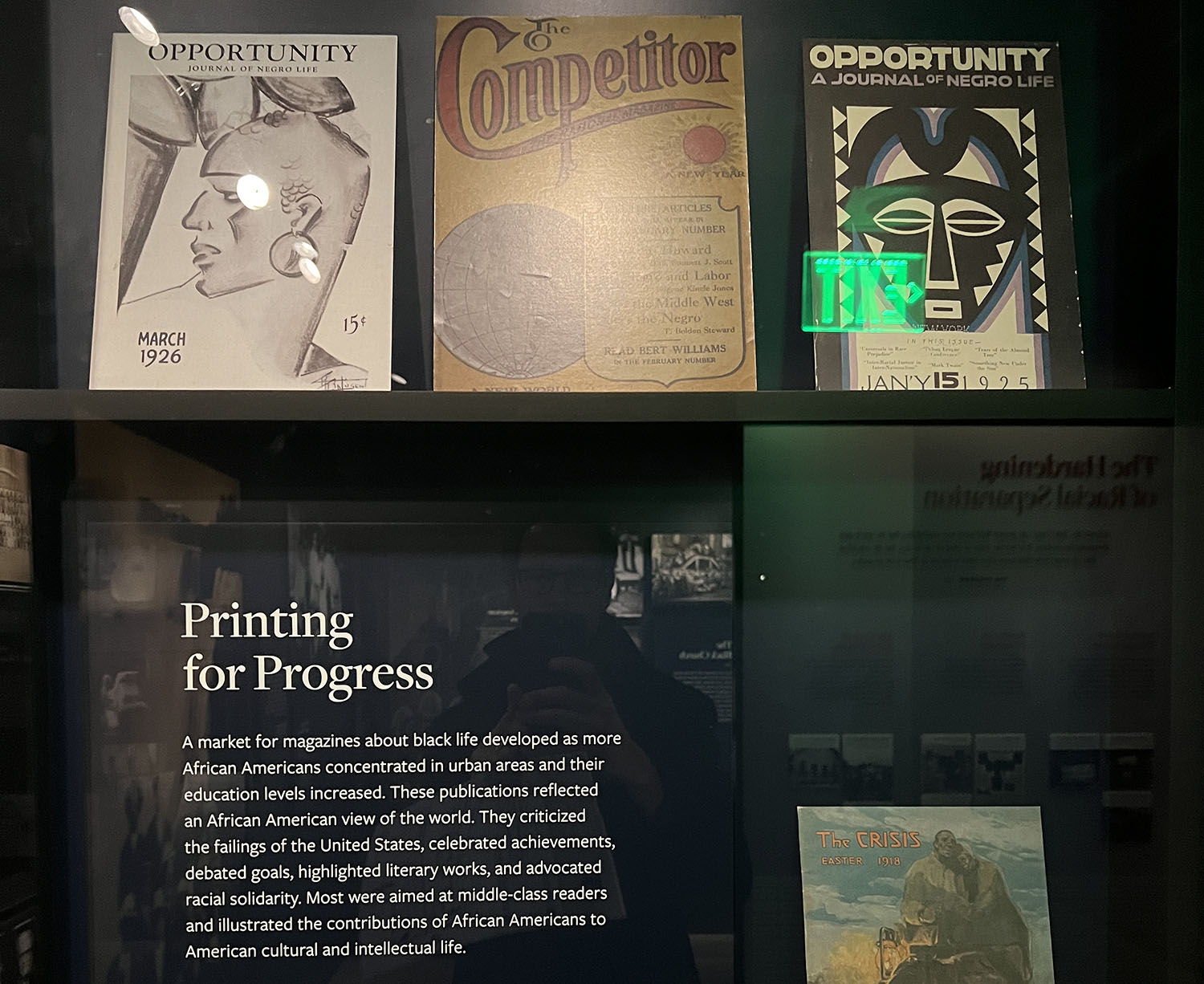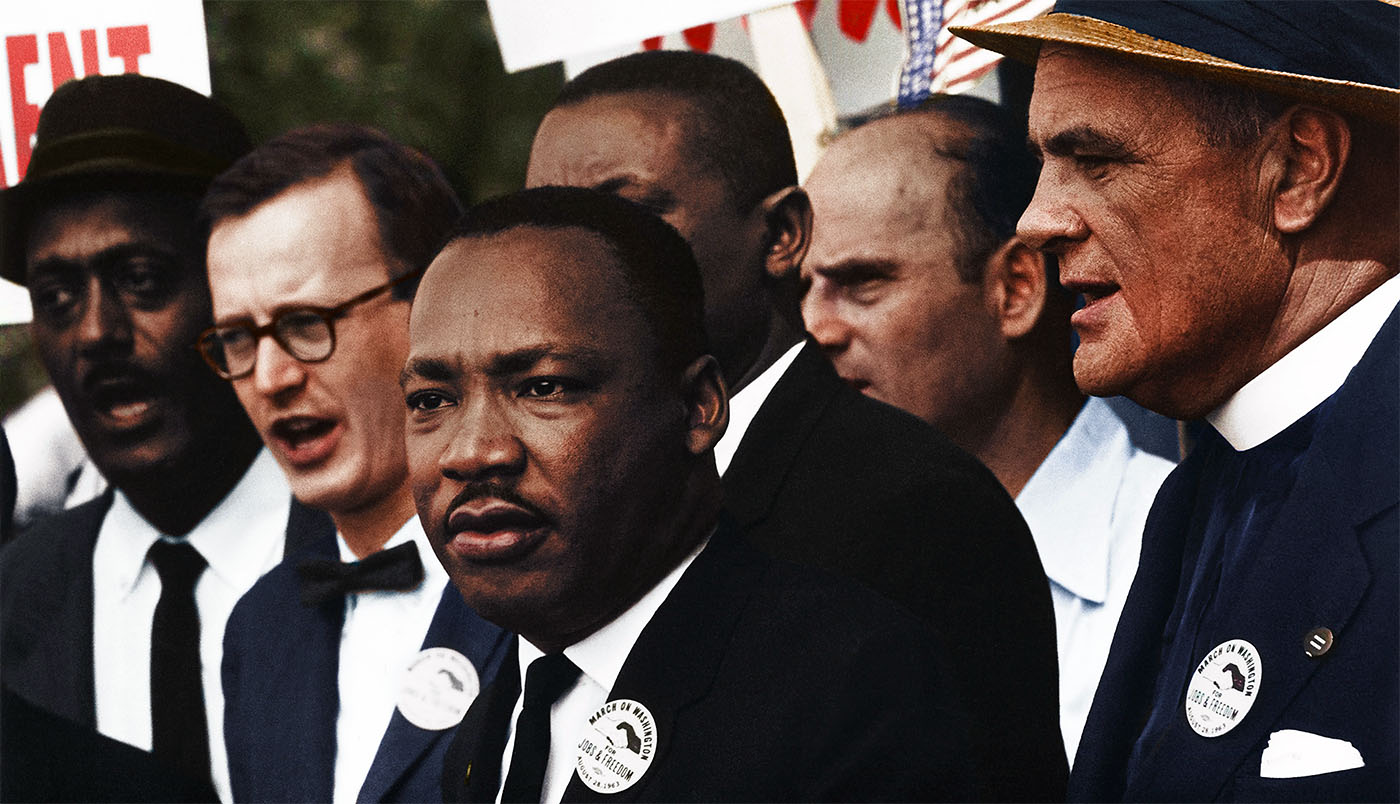Black History Month is a great reminder of the important role Black culture plays in our daily lives – from modern music to sports to politics and beyond. As we celebrate Black History Month, we must honor the Black historical figures who changed the world and recognize how Black leaders today are helping make the country a better, more just place.
Recently, our team had the opportunity to tour the National Museum of African American History & Culture (NMAAHC). This vast museum on the National Mall includes six different exhibition floors, each devoted to a different era of history or aspect of Black culture. As we made our way through the various exhibits, we marveled at the sheer breadth of information on display — and how much of it was not included in our textbooks. At a time when teaching the truth about slavery and segregation is being restricted, it’s especially important to learn about our nation’s history and honor the many contributions of Black people.
Here are just a few of our takeaways from our experience at NMAAHC:
The Damaging Impact of Redlining
During the New Deal era in the 1930s, homeownership programs were established to provide government-insured mortgages to people facing foreclosures in the wake of the Depression. Maps of neighborhoods were created with color-coding, determining how safe or risky it would be to own a home in each neighborhood, and those areas where property values were deemed likely to go down were marked in red, giving rise to the term “redlining.” Even as thousands of white homeowners were approved for loans, Black people were turned away — and given flimsy excuses as to why. Over time, the fact that redlining disproportionately impacted Black neighborhoods became clear. It wasn’t a coincidence. It was policy.

In 1968, the Fair Housing Act was passed in an attempt to address this racist practice, but by then the damage had been done. An entire generation of white people bought their homes when inflation was lower, automatically receiving the privilege of owning equity due to unjust policies. Today, despite laws regulating equal treatment and pay regardless of race, ethnicity, gender or sexual orientation, the average white person has ten times greater wealth, in part due to the generational wealth built by their ancestors thanks to federally insured home loans.
A Free Black Press
One theme that repeats itself over and over in American history is the importance of the free press, which played an essential role in Black liberation. Freedom’s Journal was the first ever Black-owned newspaper in the United States. Founded in 1827, the same year slavery was abolished in New York, the paper served as a counter to racist commentary that existed in white-owned presses. Editors Samuel E. Cornish and John B. Russwurm also included regional, national, and international news; school, job, and house listings; and feature biographies on successful Black figures. Despite ceasing publication by 1829, the paper inspired the founding of several other outlets for Black voices. By the time the Civil War began, more than 40 Black-owned presses existed in the United States.

A Misleading Timeline
When was the last time you saw a color photo of Martin Luther King, Jr.? Even though he gave his “I Have a Dream” speech in 1963, almost seventy years after the invention of color photography and two decades after Hollywood transitioned to color film, most of the images we see of that day are in black and white. During our tour of the museum, we saw images originally taken in color but printed in black and white in textbooks — a trick to make students believe segregation took place long ago and not, in fact, during our grandparents’ generation.

To learn more about Black history, plan your next visit to the National Museum of African American History & Culture or visit the NMAAHC website, where more educational materials are available.
*Banner image credit: Courtesy of Alan Karchmer/NMAAHC.
***
RH Strategic is a Seattle and D.C.-based PR agency with a nationwide presence and additional global reach via membership in the Worldcom Public Relations Group. We provide strategic public relations for innovators in the technology, government and healthcare markets.

